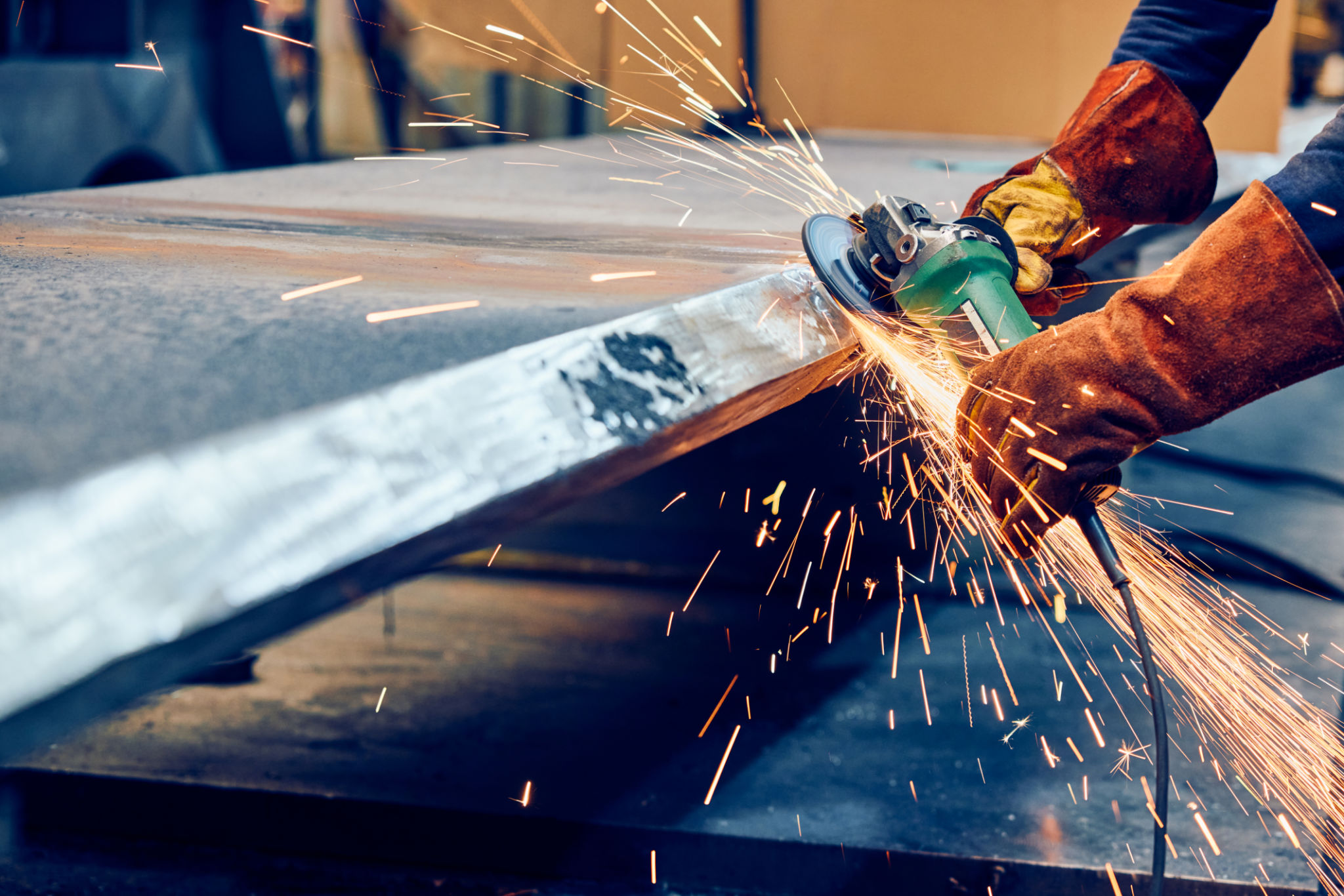A Beginner’s Guide to Custom Metal Fabrication Services
Understanding Custom Metal Fabrication
In today's manufacturing landscape, custom metal fabrication services play a crucial role in creating bespoke solutions for various industries. From automotive to aerospace, these services enable the production of components tailored to specific needs. But what exactly does custom metal fabrication entail? In essence, it is the process of cutting, bending, and assembling metal into desired shapes and structures. This guide will help beginners understand the essential aspects of custom metal fabrication.

The Process of Custom Metal Fabrication
The journey of transforming raw metal materials into finished products involves several intricate processes. Typically, it starts with design and prototyping, where manufacturers work closely with clients to develop precise specifications. Following this, the actual fabrication process takes place, which includes cutting, bending, and assembling each component. Finally, finishing touches are applied to ensure the product meets quality standards and is ready for use.
Common Techniques Used
There are various techniques employed in custom metal fabrication, each serving a distinct purpose. Some of the most common methods include:
- Cutting: Using tools like lasers or plasma torches to precisely cut metal sheets.
- Bending: Forming metal into different shapes using press brakes or other machinery.
- Welding: Joining metal parts together by melting and fusing them.
- Machining: Removing material from a workpiece to achieve desired shapes and sizes.

Materials Used in Metal Fabrication
Custom metal fabrication involves a range of materials, each offering unique properties. Commonly used metals include stainless steel, aluminum, copper, and brass. Stainless steel is favored for its durability and resistance to corrosion, making it ideal for industrial applications. Aluminum, known for its lightweight nature, is often used in transportation and aerospace industries.
Applications of Custom Metal Fabrication
The versatility of custom metal fabrication allows it to be applied across various sectors. In the construction industry, it facilitates the creation of structural components like beams and columns. The automotive sector benefits from fabricated parts such as chassis and exhaust systems. Additionally, custom metalwork is essential in manufacturing medical equipment and electronic enclosures.

Choosing the Right Fabrication Service
Selecting a reliable custom metal fabrication service is critical for achieving the desired outcome. Considerations include the provider's experience, capabilities, and quality assurance measures. It's also important to evaluate their ability to work with specific materials and techniques relevant to your project needs.
The Importance of Precision and Quality Control
Precision is paramount in custom metal fabrication, as even minor errors can lead to significant issues in the final product. Quality control measures are implemented throughout the fabrication process to ensure accuracy and adherence to specifications. This includes regular inspections and testing to verify that components meet required standards before delivery.

Future Trends in Metal Fabrication
The field of custom metal fabrication continues to evolve with technological advancements. Innovations such as 3D printing and automation are reshaping traditional processes, allowing for greater efficiency and reduced lead times. As these technologies develop, they promise new possibilities for customization and complex designs in metal fabrication.